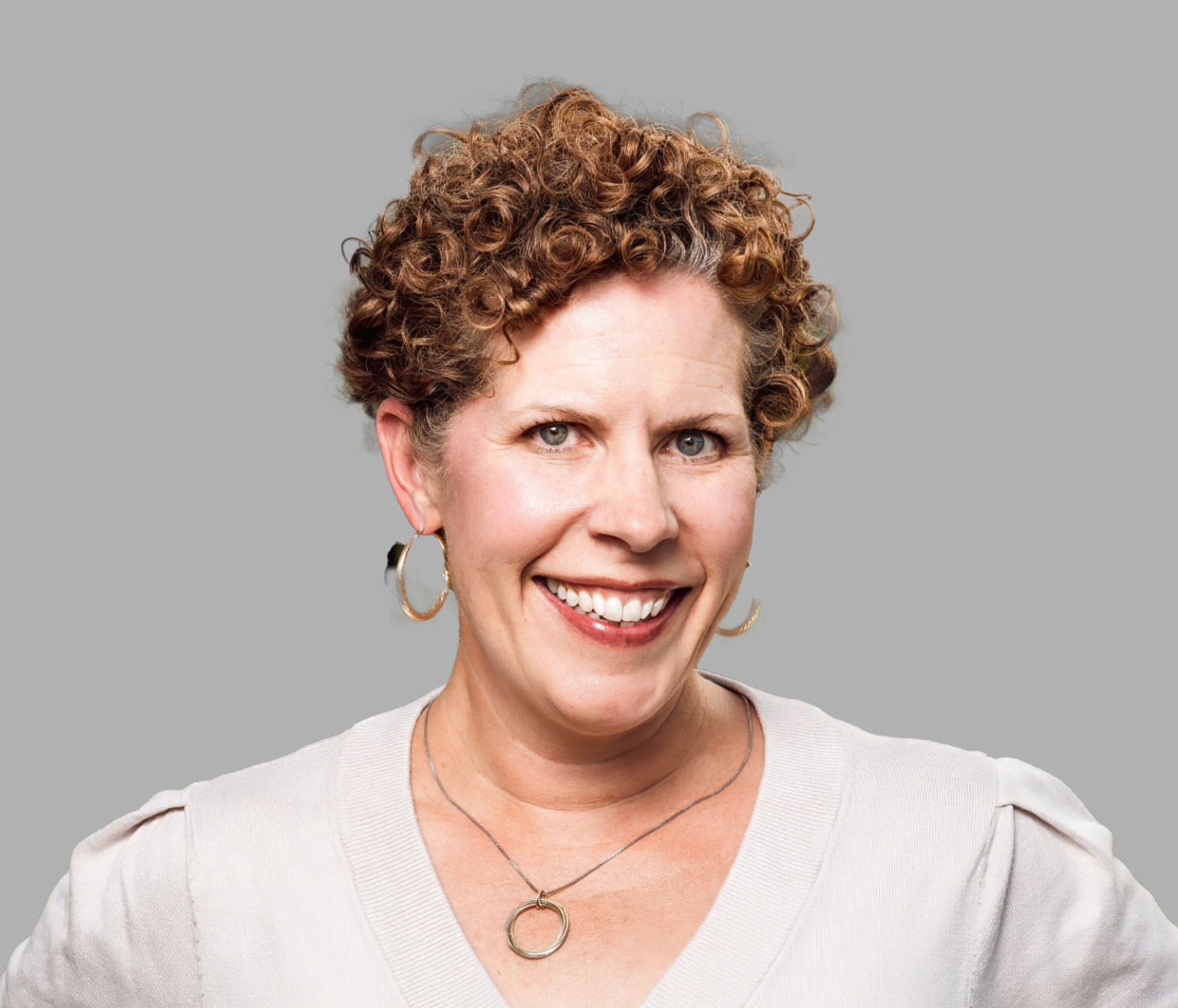It has come to my attention that I am getting old. It seems that I woke up one day and I had been managing media liability claims for almost 20 years. I have gotten used to being the “adult in the room” and am grateful for the mentorship of many leaders in this space, many of whom have retired or passed on. In my time working through the never-dull array of media claims that arise, I am reminded time and again, as Benjamin Franklin famously advised fire-threatened Philadelphians in 1736, that “An ounce of prevention is worth a pound of cure.”
Claims people often quip that the best claim is a closed claim. I disagree. The best claim is the claim that never happened in the first place. Call it what you want: Loss Prevention, Risk Management, Leakage Control, Best Practices, or whatever…
In the media space, the dissemination of content is currency. You want to be aware of the “next big thing” and be ready to dive in. However, it is imperative that you are mindful of the potential risks of dabbling in unchartered waters.
If you want to save yourself the headache of a media liability claim, here are some things I have learned along the way that have helped content creators steer clear of conflict.
- Provide periodic loss control presentations for your team.
People don’t know what they don’t know. If you ensure everyone has access to information about how to avoid problems, you’ll set everyone up for success. Reach out to trusted legal advisors in your jurisdiction. They will likely be happy to work with you to create a presentation for your team. They can advise on local law governing typical claims: defamation, invasion of privacy, and misappropriation, as well as the federal legal issues of copyright and trademark law. Litigators can provide real-life war stories, and you can get practical advice about what (and what not) to do when pushing content out into the world. Small tweaks in processes can and do make a BIG difference. - Keep everyone up to date on developments in technology, security, and the law.
Another day, another social media platform… amirite? In the media space, the dissemination of content is currency. You want to be aware of the “next big thing” and be ready to dive in. However, it is imperative that you are mindful of the potential risks of dabbling in unchartered waters. New platforms can be created with ulterior motives in mind: data harvesting, behavioral tracking, identity theft, etc. They often have lax security protocols, making them vulnerable to cyber-attacks, social engineering attacks, privacy violations and even deepfakes and misinformation. New platforms often work with third-party apps and services, which may have questionable privacy and security standards. Be sure to work through any potential snags before you take that leap. - Create “best practices” with an eye on liability pitfalls, update them regularly, and make sure everyone knows about them.
Your list of best practices should cover, at a minimum, everything from fact-checking and sourcing to the licensing of images, the seeking of diverse perspectives on the subjects you’re covering, and distinguishing between news, opinion and advertising. Your practices will evolve as technology evolves. It is wise to work with your legal team or outside counsel to frame this and check in on your list of practices periodically to make sure they are up to date. These should be an extension of what you cover in your loss control presentations.
Obviously, the concept of being prepared to avoid bad outcomes is not new. (See e.g. Ben Franklin circa 1736). Pick your cliché: A stitch in time saves nine; forewarned is forearmed; luck favors the well-prepared; prevention is the best medicine; when you know better, you do better… and so on. Despite the lack of novelty, you’d be surprised at how often these fairly basic concepts are overlooked. If you’re not sure where to start so you can implement these or how to improve upon what you’ve already got, I’d encourage you to reach out to your contacts in media liability insurance. That could be your broker, underwriter, or your claims representative (yours truly!). We have been through a lot over the years and learned plenty the hard way, so you don’t have to. Any of us would be happy to point you to resources and experts to help you lay the foundation for that “ounce of prevention” and beyond.


